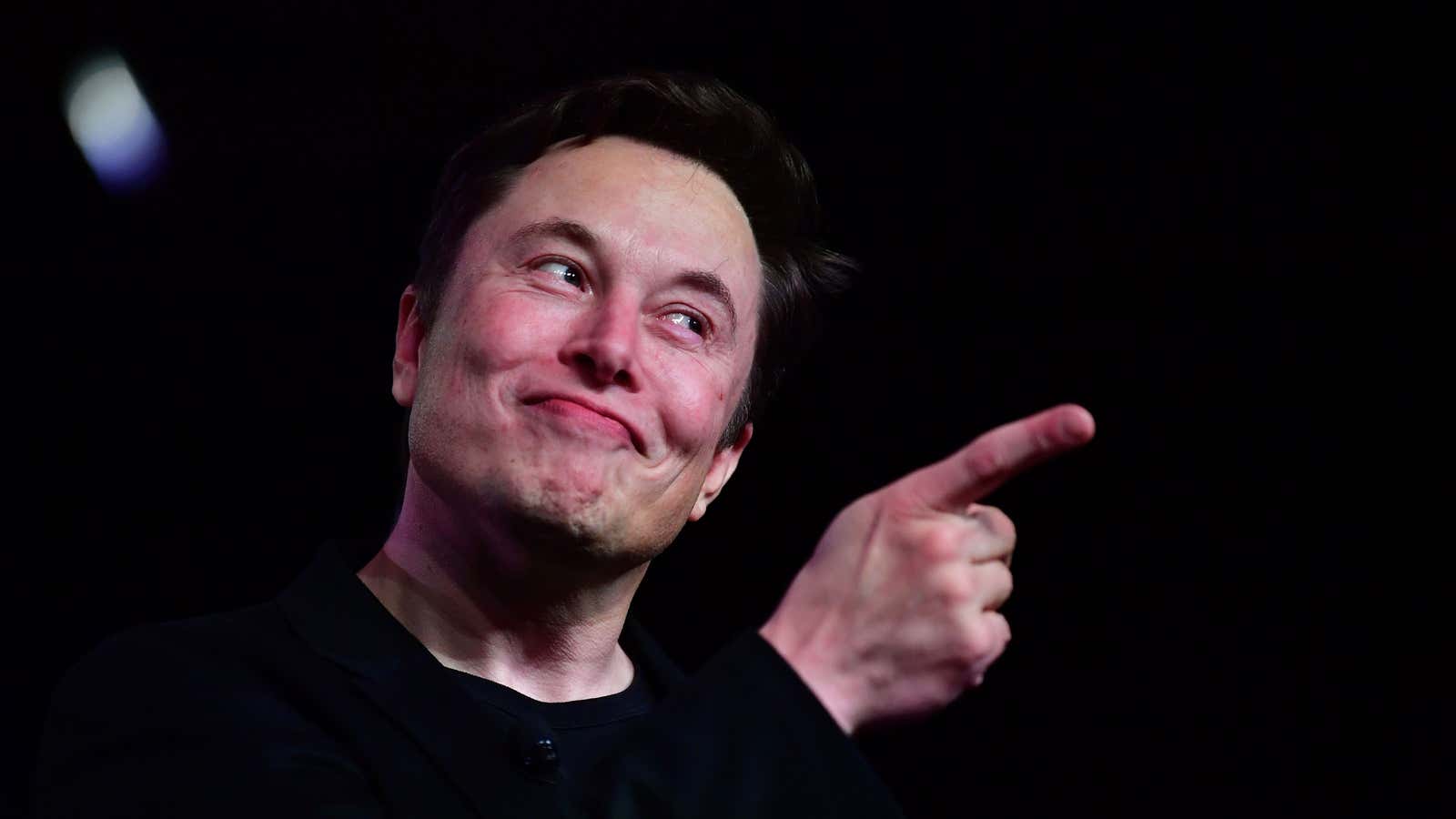Since Elon Musk took the reins of Twitter on Oct. 27, the billionaire has been in a virtual standoff with Twitter’s advertisers, pressuring advertisers to stay while offering little to assuage concerns about hate speech and misinformation.
Volkswagen, Carlsberg, United Airlines, and other multinational brands have all paused their advertising on the social media platform until Musk, who has promised to curtail content moderation efforts, offers clearer assurances that the company’s advertisements will not appear next to hate speech or misinformation. Meanwhile, civil rights groups including the NAACP and GLAAD, along with other progressive advocacy groups, are urging large companies to boycott the site.
It’s not just the risk of ads ending up adjacent to hateful or false content (known in the ad industry as brand safety) that prompted companies to pause Twitter advertising. Many are also shrinking their ad budgets, and Twitter is an easy platform to ditch.
While Musk antagonizes advertisers, Twitter’s deteriorating finances make it clear that Musk needs advertisers much more than they need his version of Twitter.
Musk’s new strategy: Insulting Twitter’s advertisers
Musk is an outsider to the world of advertising. Having run fintech, automotive, and aerospace companies, he has little-to-no experience selling ad space or placating advertisers. He doesn’t even oversee much marketing: Tesla famously likes to tout a non-existent marketing budget and refuses to place traditional automobile advertisements.
But that may make Musk a poor fit to run a company that generated 92% of its revenue from advertising in the first half of 2022. (The rest came largely from data licensing and the Twitter Blue subscription product, the latter of which Musk has focused on expanding in his first weeks on the job.)
Musk has made it clear that he wants to decrease the company’s reliance on advertising, but he must also appeal to advertisers to spend money on the platform. According to Musk, Twitter is now losing $4 million per day. He faces a $1 billion annual interest bill on his bank loans alone and just sold nearly $4 billion worth of Tesla stock after using up nearly all of his personal liquidity on the Twitter deal.
His advertiser outreach strategy, however, has not met much success. Musk has insulted advertisers, complained they don’t support “free speech” if they leave Twitter, and, for those who stop advertising, threatened to publicly “name and shame,” even alluding to the possibility of suing the activists pushing advertisers to boycott Twitter.
Eventually, Musk may build out products with new revenue streams and reduce Twitter’s reliance on advertising, but that won’t happen overnight.
Twitter isn’t crucial for advertisers
Twitter is a “nice-to-have” for advertisers but not a necessity, said Kelsey Chickering, principal analyst at the market research firm Forrester. “Lacking in ad product innovation, strong creator engagement, and proven ROI, it’s struggled to gain [a] dominant share of social media dollars,” she wrote by email. For most advertisers, Twitter’s user base of about 238 million is far less attractive than the massive audiences on Facebook, YouTube, and TikTok which have more than 1 billion users each.
Jasmine Enberg, principal analyst at Insider Intelligence, agreed, saying that when companies’ advertising budgets are down—as they are across the board among US advertisers—Twitter might be among the first platforms that marketers drop. “Cutting or suspending Twitter advertising is a relatively easy and painless decision for advertisers to make, compared with larger platforms like Facebook or Google,” Enberg told Quartz. During economic downturns, marketers need every ad dollar to produce tangible results like click-throughs or sales, she added.
Perhaps the only industry where Twitter is essential is entertainment, according to a media buyer who spoke to Quartz on condition of anonymity because they have an ongoing relationship with Twitter. Since it’s where a large portion of the “cultural conversation” happens, it is most useful for marketers hoping to lodge their ads in the middle of the live-tweeting during large-scale media events like the recent World Series.
But Musk lost advertisers months ago
Angelo Carusone, the president of the liberal advocacy group Media Matters for America, which is urging advertisers to boycott Twitter, wrote in a series of tweets that Musk’s ad struggles date back to the spring. When Musk agreed to buy Twitter, he promised to let “free speech” flourish on the site with less content moderation. The problem was that he did that during the upfront advertising season when large advertisers strike year-long deals with television networks and social media platforms.
The result? “Instead of heading into 2023 with 15-20% of 2023 already secured as they typically would have, Twitter heads into next year with almost none of that,” Carusone wrote on Twitter. [Musk] insisted on antagonizing the very businesses and people that sustain Twitter.” Musk had fair warning: In April, the industry trade publication AdAge reported that advertisers were “anxious” and “prepared to stop spending money” on a Musk-owned Twitter.
Recently, Musk has made some efforts to assure advertisers, promising them Twitter wouldn’t become a “free-for-all hellscape,” and meeting with advertisers on Oct. 31 to assuage their concerns. On Nov. 9, Musk made another plea for advertisers to keep spending. “I understand if people want to give it a minute and see how things are evolving,” Musk said on the call. “But really, the best way to see how things are evolving is just use Twitter. And see how your experience has changed. Is it better? Is it worse?”
Such impressions may not be enough.
“Twitter is not the largest, not the strongest, and not the trendiest of ad platforms,” said the Twitter ad buyer. “It was already lower on the consideration list than its direct competitors before Musk took over. He’s done very little to change that, and in some ways, he’s made it worse.”
